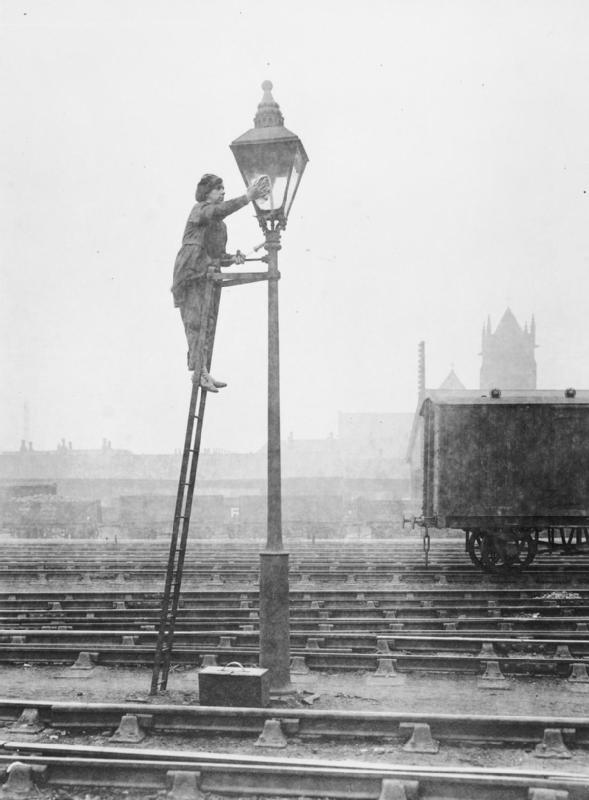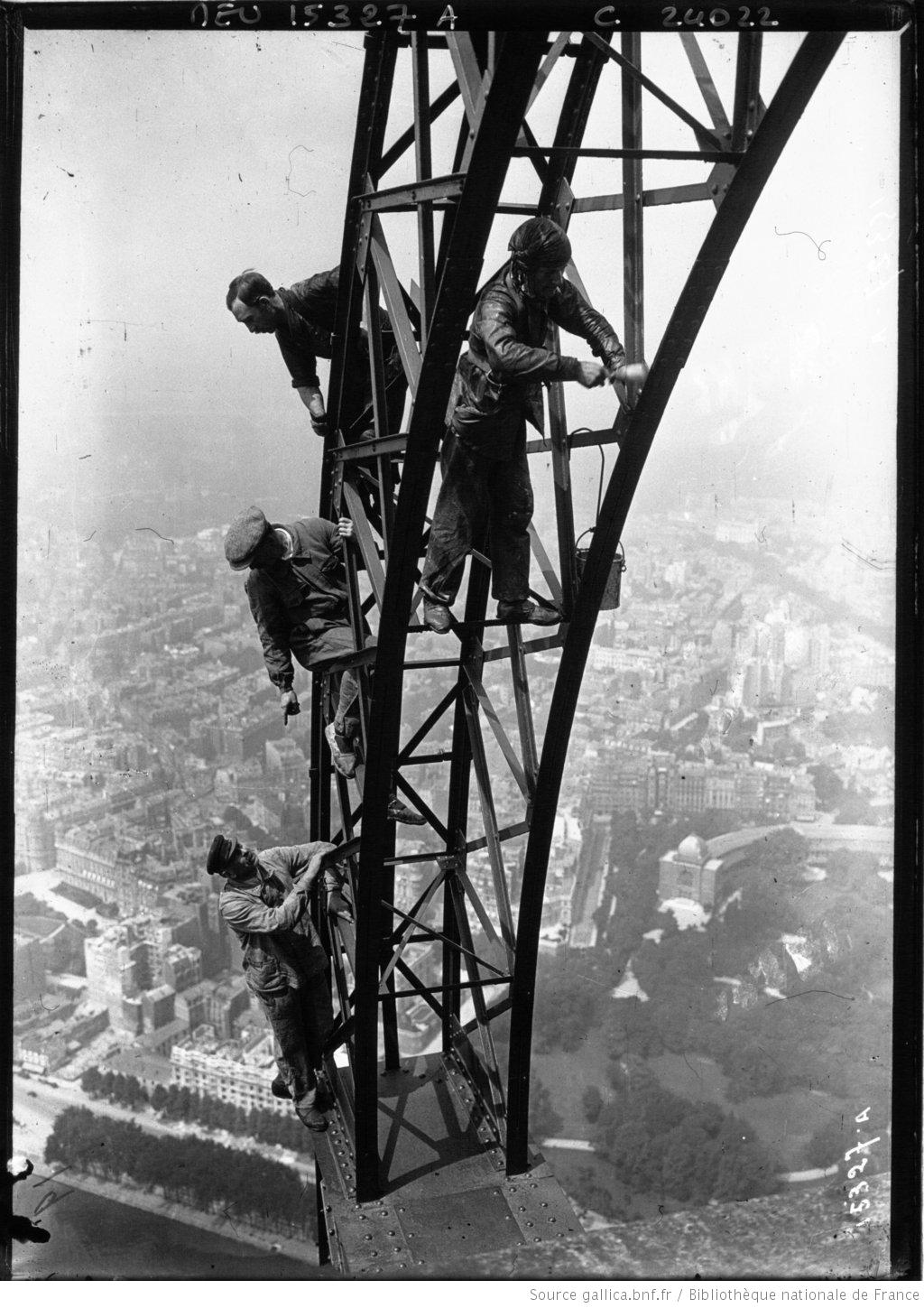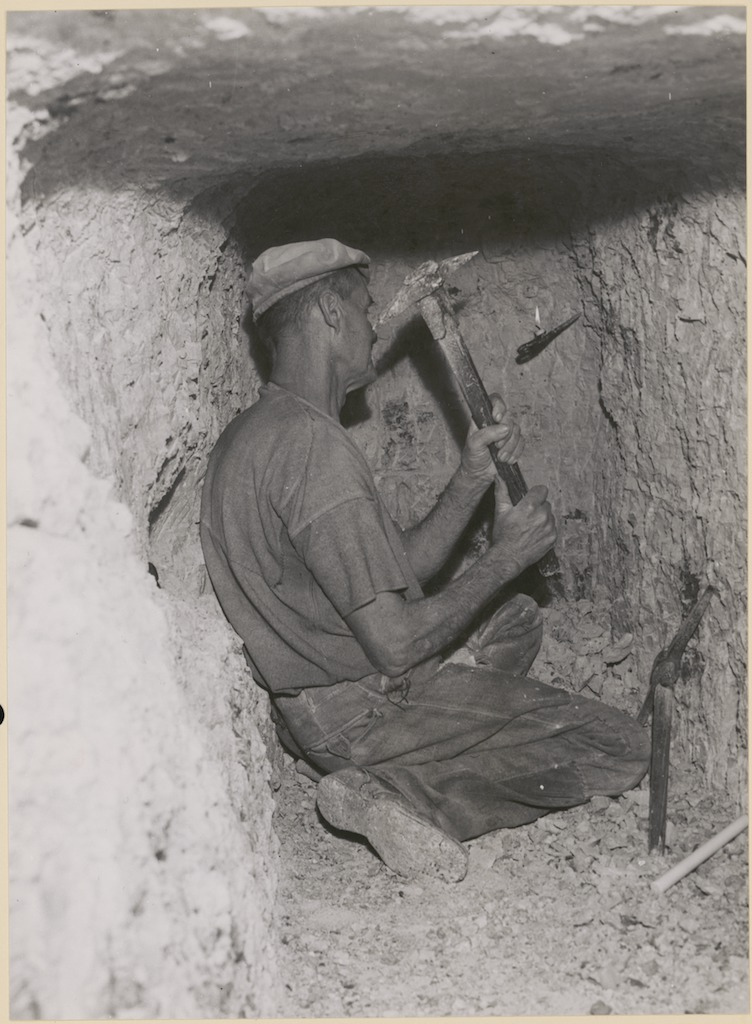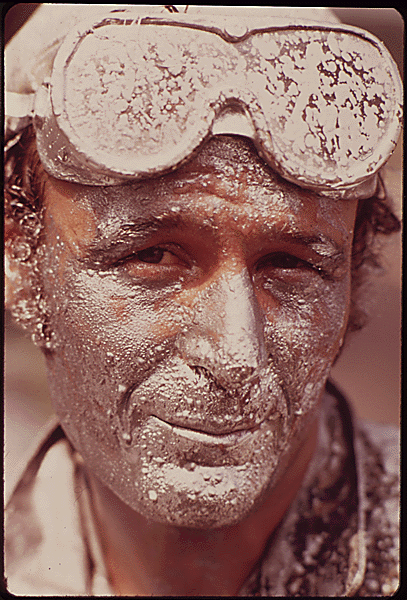GARDE, A.H. (2020); NABE-NIELSEN, K.; JENSEN, M.A.; KRISTIANSEN, J.; SØRENSEN, J.K.; HANSEN, Å.M. The effects of the number of consecutive night shifts on sleep duration and quality - INVASSAT
Atrás GARDE, A.H. (2020); NABE-NIELSEN, K.; JENSEN, M.A.; KRISTIANSEN, J.; SØRENSEN, J.K.; HANSEN, Å.M. The effects of the number of consecutive night shifts on sleep duration and quality
GARDE, A.H. (2020); NABE-NIELSEN, K.; JENSEN, M.A.; KRISTIANSEN, J.; SØRENSEN, J.K.; HANSEN, Å.M. The effects of the number of consecutive night shifts on sleep duration and quality
GARDE, A.H.; NABE-NIELSEN, K.; JENSEN, M.A.; KRISTIANSEN, J.; SØRENSEN, J.K.; HANSEN, Å.M. The effects of the number of consecutive night shifts on sleep duration and quality. Scandinavian Journal of Work, Environment & Health [en línea]. [2020]. [Consulta: 31.01.2020]. ISSN: 1795-990X. DOI 10.5271/sjweh.3885. <https://www.sjweh.fi/show_abstract.php?abstract_id=3885>
Resumen: Los efectos del número de turnos nocturnos consecutivos sobre la duración y la calidad del sueño. La organización del trabajo por turnos nocturnos afecta a la duración y la calidad del sueño. El objetivo de este estudio fue investigar los efectos del número de turnos nocturnos consecutivos sobre la duración y la calidad del sueño entre los agentes de policía con turnos nocturnos como parte de su horario normal. Este estudio incluyó a 73 oficiales de policía. Todos los participantes realizaron tres horarios de trabajo: dos, cuatro y siete turnos nocturnos consecutivos seguidos del mismo número de días de recuperación. La duración del sueño se redujo después del trabajo por turnos nocturnos y no aumentó con más turnos nocturnos consecutivos, lo que conduce a una deuda acumulada de sueño. La duración del sueño fue más corta y la calidad del sueño fue peor después del último turno nocturno en una serie de turnos nocturnos.
Resum: Els efectes del nombre de torns nocturns consecutius sobre la duració i la qualitat del somni. L'organització del treball per torns nocturns afecta a la duració i la qualitat del somni. L'objectiu d'aquest estudi va ser investigar els efectes del nombre de torns nocturns consecutius sobre la duració i la qualitat del somni entre els agents de policia amb torns nocturns com a part del seu horari normal. Aquest estudi va incloure a 73 oficials de policia. Tots els participants van realitzar tres horaris de treball: dos, quatre i set torns nocturns consecutius seguits del mateix nombre de dies de recuperació. La duració del somni es va reduir després del treball per torns nocturns i no va augmentar amb més torns nocturns consecutius, la qual cosa condueix a un deute acumulat de somni. La duració del somni va ser més curta i la qualitat del somni va ser pitjor després de l'últim torn nocturn en una sèrie de torns nocturns.
Abstract: Objectives The organization of night shift work affects sleep duration and quality. The aim of this study was to investigate the effects of the number of consecutive night shifts on sleep duration and quality among police officers with night shift work as part of their normal schedule. Methods This quasi-experimental, within-subject crossover study included 73 police officers. All participants performed three work schedules: two, four and seven consecutive night shifts followed by the same number of recovery days, ie, day work or days off (2+2, 4+4, and 7+7). Sleep assessed through sleep diaries and actigraphy after all night shifts and recovery days (totaling 26 days) was compared by use of repeated measures analysis. Results Participants experienced shorter sleep duration (with and without naps), more premature awakening, less difficulty falling asleep, and more non-refreshing sleep after night shifts compared with recovery days. Sleep duration and quality did not change with increasing number of consecutive night shifts. Sleep was shorter and of poorer quality after the last night shift in the 2+2 and 4+4 work schedule compared with the second and fourth night shift, respectively, in the 7+7 schedule. Conclusion Sleep duration was reduced after night shift work and did not increase with more consecutive night shifts, which leads to accumulated sleep debt. Sleep duration was shortest and sleep quality was poorest after the last night shift in a series of night shifts.
[Compartido bajo licencia / Compartit sota llicència CC BY 4.0]















